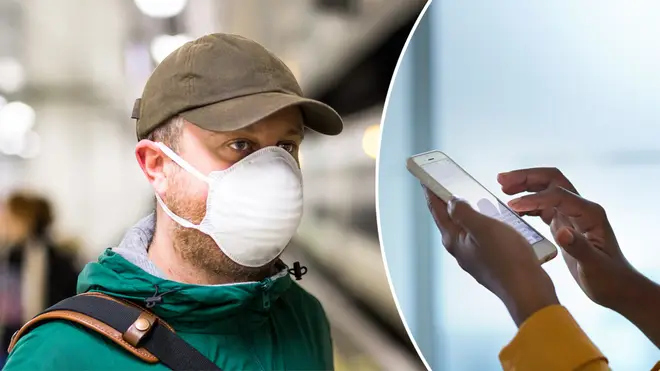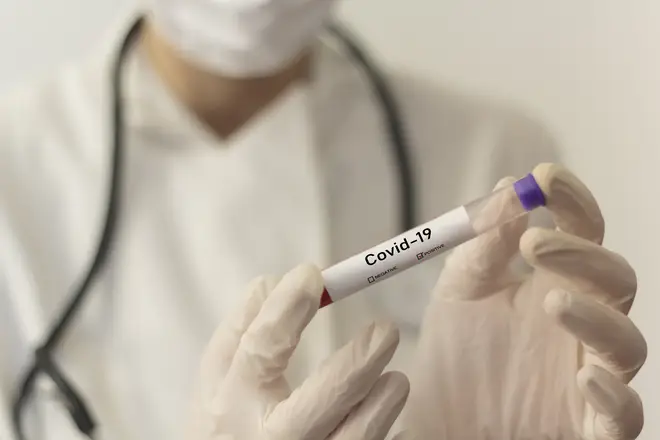UK app launched to track coronavirus and help limit its spread
25 March 2020, 09:57

The new Covid Symptom Tracker app aims to help stop coronavirus' spread.
As coronavirus continues to dominate the headlines, now UK researchers have launched a new app to help track the spread of Covid-19.
The free Covid Symptom Tracker app asks users to fill in personal data including age, sex as well as information on any existing medical conditions.
You can find the latest Coronavirus (Covid-19) advice from the NHS here.
Users will then be asked to take one minute a day to report on whether they feel healthy.
If not, they will answer questions on a wide range of symptoms associated with coronavirus, including coughs, fever, fatigue, diarrhoea and confusion.

It's hoped that the app - which is a collaboration between researchers at King’s College London and Guy’s and St Thomas’ hospitals - will provide real-time information on how the disease is spreading in the UK.
Read More: Government calls for 250,000 NHS volunteers to help with coronavirus battle
Tim Spector, a professor of genetic epidemiology at King’s College London, said: “The concept is it is an early warning radar device because we are asking about non-classical symptoms as well, because many people are reporting non-persistent cough, or feeling unwell or a strange feeling of a lack of taste, or chest tightness that aren’t in the classical list but if we see it across the country in clusters we know they are probably real [symptoms of Covid-19].”
He continued: “Speaking to clinicians in the hospital, especially in the elderly you get very different symptoms to the young so this idea there is only two types of symptoms – fever and long-term cough – is wrong. It can occur in many different ways.”
While the app is available to the general public, the team has started asking 5’000 twins and their families to use the app. If they show the virus’ symptoms, they will be sent a testing kit.
Tim this should shed light on the disease’s geographic movement, as he added: “The immediate thing is we will get known clusters of disease at different levels of severity all over the country and we will know what is going on.”
Read More: Coronavirus UK lockdown: When can I leave the house and what for?






















